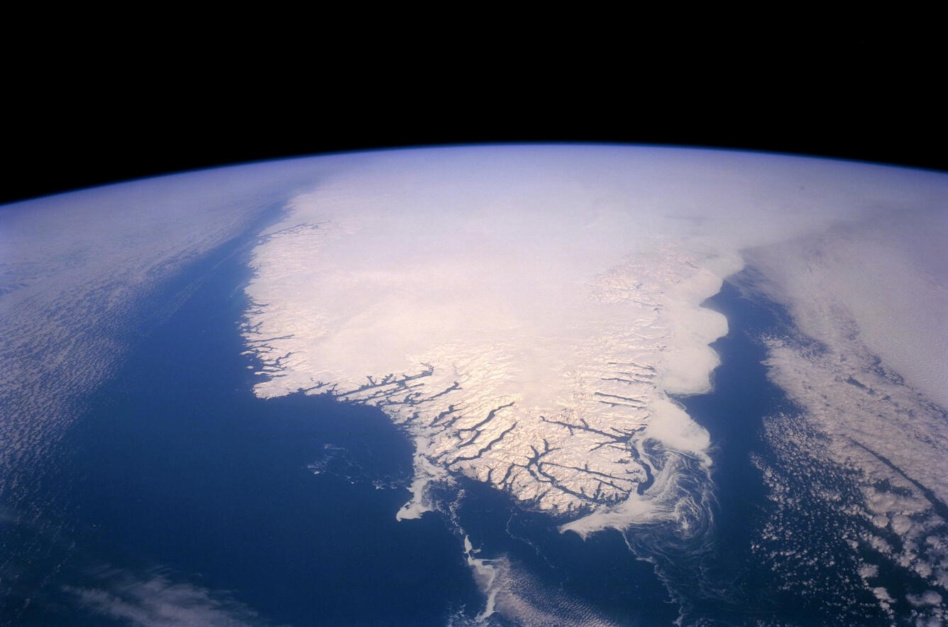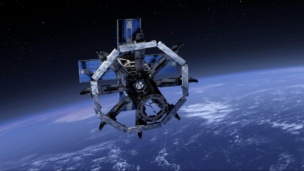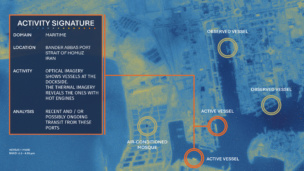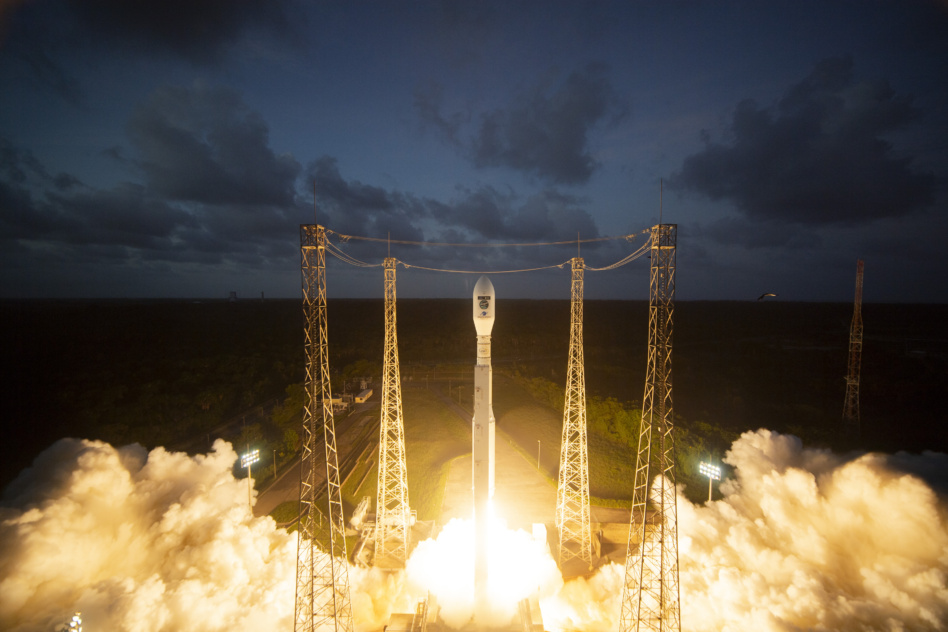Incoming President Donald Trump’s long-shot mission to take over Greenland—driven in part by a desire to bolster US space capabilities and curtail the ambitions of Russia and China—is spotlighting the Arctic’s inconspicuous role in space security.
“Space dominance is the new frontier of military superiority,” Rep. Mike Haridopolos (R-FL) posted recently on X. “By having a presence this far north, we maintain the edge in satellite communications, navigation, and situational awareness.”
Top of the world: The ice-covered island already offers a strategic foothold for the US military in the form of Pituffik Space Base—formerly Thule Air Base—which has been working on missile warning and space surveillance missions since the Cold War.
The base is crucial for monitoring US and allied government and commercial satellites in polar orbits, which can uniquely eye the Arctic with no interruption—a necessity as melting polar ice caps open up new sea lanes in the region—and beam intel on everything from space surveillance and weather forecasting to astrophysics and environmental research.
“For many decades, it’s really been space that’s been useful for us understanding the Arctic,” Mariel Borowitz, who studies space security challenges at the Georgia Institute of Technology, told Payload.
Look up: Although geopolitical sway for maritime trades and rich minerals dominate foreign policy chatter surrounding the US acquiring Greenland, losing the Pituffik base would have “serious consequences for business as usual in orbit,” Dave Marsh, a technical advisor at the Wilson Center, warned in a recent SpaceNews op-ed.
But technology could soon change that. Advances in multi-orbit constellations and space-based infrastructure in multiple geographic locations are making it less crucial to rely only on straight data paths through polar ground stations.
“With new technology, we actually don’t need that anymore,” Lina Cashin, senior project engineer at The Aerospace Corporation, told Payload. “Now, it is beneficial, but not mandatory.”
Thanks, but no thanks: For what it’s worth, ~56,000 Greenlanders and their colonial overlord Denmark have once again fiercely rejected Trump’s interest, with support pouring in from fellow EU member nations Germany and France.
Correction: This story has been updated to correct the spelling of Lina Cashin’s name.





